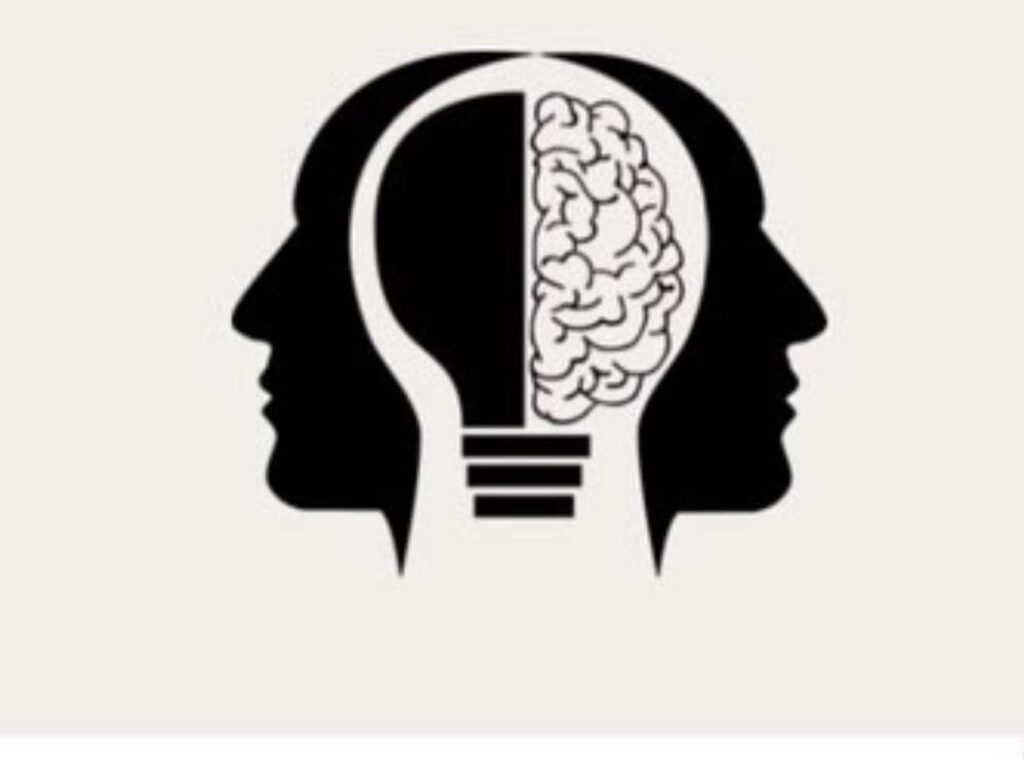Understanding stress and how to manage it

Stress is a natural response of the human body to the challenges and pressures of everyday life. However, when stress becomes excessive and persistent, it can affect our health, relationships and quality of life. Understanding stress and implementing strategies to manage it effectively is vital to our mental and physical well-being.
What is stress?
Stress is an emotional and physiological reaction to an external factor or stimulus. When we feel threatened or pressured, our body produces the hormone adrenaline, which prepares us to react to the specific situation. We perceive stress either as physical tension (e.g. increased heart rate, difficulty breathing), or as emotional pressure (e.g. anxiety, fear, uncertainty).
In some cases, stress can be constructive, motivating us to complete tasks or deal with difficult situations. However, when stress is prolonged or excessive, it can lead to problems such as panic attacks, depression, difficulty concentrating, and physical problems such as headaches and digestive problems.
Signs and Symptoms of Anxiety
Anxiety can manifest itself in many ways. Some of the most common symptoms include:
- Behavior change: avoidance of specific situations or activities, difficulty sleeping, poor concentration.
- Physical symptoms: headaches, muscle tension, feeling of heart palpitations, dizziness or difficulty breathing.
- Emotional symptoms: feeling of worry, excessive anxiety about future situations, guilt or fears.
What are the Causes of Anxiety?
The causes of anxiety vary from person to person, but some of the most common include:
- Personal pressure: Family, professional and social issues can cause intense stress.
- Financial concerns: Insecurity around finances, debt or unemployment is one of the main sources of stress.
- Loss or changes: The death of loved ones, moving, or other major life changes can cause stress.
- Medical problemsHealth or health concerns, such as chronic illnesses or body issues, can worsen anxiety.
- Technological pressure: The continued connection to the digital world and social media can cause a feeling of overload.
How to Manage Stress
Managing stress requires effort, but it is entirely possible to regain our peace of mind with the right strategies:
- Exercise: Physical activity helps relieve tension and produce endorphins, which improve mood and reduce stress.
- Relaxation Techniques: Meditation, deep breathing, or yoga are techniques that can reduce physical tension and promote emotional calm.
- Time Management: Planning and organizing your time can reduce the feeling of being “obliged” to do everything at once.
- Healthy Sleep: Sleep quality is directly linked to stress levels. Sleep enhances the body's ability to cope with stress.
- Support and Contact: Don't be afraid to ask for help from friends, family, or a mental health professional. Talking about your feelings can help you find support and relief.
The Importance of Psychological Support
Working with a psychologist or psychotherapist can be crucial in managing stress. Through techniques such as Cognitive Behavioral Therapy (CBT), it is possible to identify negative thought patterns that intensify stress and replace them with healthier and more constructive thoughts. Psychological support also helps to develop resilience strategies and manage the causes of stress in an organized and positive way.
Conclusions
Stress, although a normal reaction, can affect our quality of life when not properly managed. By understanding its causes, recognizing its signs, and implementing management strategies, it is possible to reduce tension and improve our well-being. Remember that help is always available and change is possible with the right tools and support.
